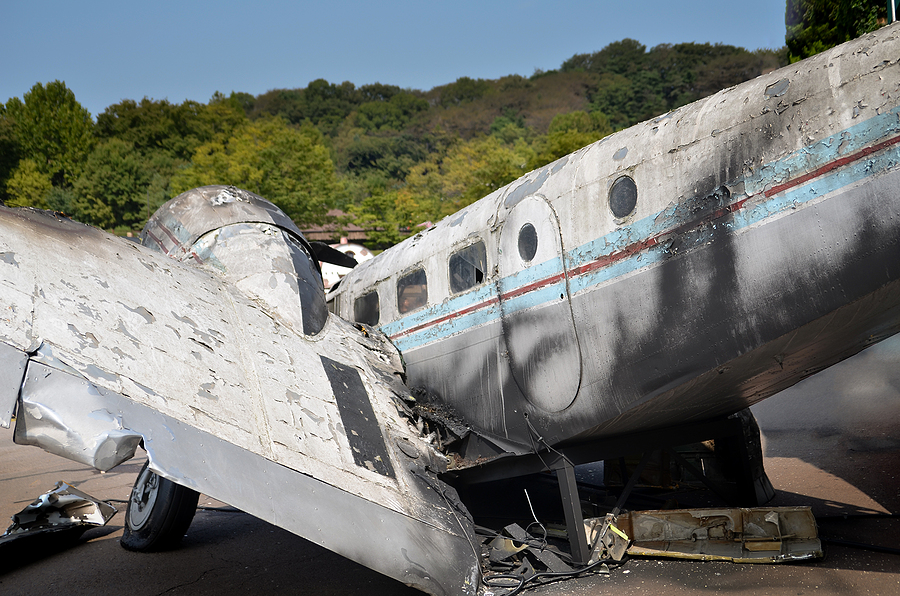The 15-month case should not have been
FAA Medical Certification Delay – One of our clients should have been issued their certificate on the day of their exam. However, a series of small errors and being unfamiliar with the finer points of the process resulted in a delay of 15 months. How did this happen?
I didn’t know I had to report it
The pilot was deferred because of a new diagnosis of sleep apnea. He didn’t report it on MedXPress because “there wasn’t a question about it,” but the AME did ask about sleep apnea as it is a required screening item.
Because of the backlog of cases at the FAA, he waited three months to get a letter from them telling him what they needed and they gave him 60 days to get it all done.
He got an appointment with his sleep specialist, got all of his documents, and ensured he met the CPAP treatment requirements. His sleep specialist, who happened to be a neurologist, filled out all the paperwork. It was then five months since his exam.
Missed diagnosis
It took another two months for the FAA to review that paperwork. During that review, they spotted a passing reference to another medical condition: migraines. But he hadn’t marked “yes” to question 18a.
He saw this doctor five years earlier when he had a series of bad headaches, but he didn’t report it to the FAA because he didn’t know he was diagnosed with migraines.
That one word generated a request from the FAA for an updated evaluation. Because the FAA uses the mail to communicate, it was seven months after his exam when he finally received the request.
The FAA gave him 60 days to get his migraine evaluation performed and submitted. His neurologist didn’t have any openings so he went to his primary care physician and he was finally able to submit his evaluation just before the 60-day deadline specified in the FAA’s second letter.
Old medication use
After several more weeks, his application rose to the top of the AMCD reviewing physician’s pile. Unfortunately, Percocet – a narcotic pain medication – was listed as a current medication.
By month 10, he received a letter of denial from the FAA for the use of narcotic medication. He was at a loss because his brief use of Percocet had been so far in the past, that he didn’t even know what they were talking about.
Finally, he realized that an orthopedic surgeon in the same hospital group gave him a 5-day supply of Percocet after his elbow surgery 18 months previously.
But because their electronic health record automatically carries over all medications, unless specifically removed, the note from his primary care doctor documenting that he didn’t have migraines, made it look as though he was currently taking a narcotic medication to the FAA.
He explained the situation to the person at AMCD who said they would pass the information along to the duty flight surgeon.
A few weeks later he got a letter from the FAA requesting a status update from his treating physician on his historical use of Percocet and copies of his pharmacy records. Again, he had 60 days to comply.
Because of schedule conflicts, he couldn’t get in with his doctor, but the office PA had an opening for him. The PA wrote an excellent note, he got the pharmacy records, and everything was delivered to the FAA. It was then 12 months after his AME appointment.
The non-physician note
More than a year after his exam, with his airplane just sitting in the hangar, he received another letter from the FAA stating that they received the pharmacy records, but repeated their request for a status update from his treating physician on his historical use of Percocet.
He was starting to lose his mind.
What went wrong?
This is a real case from a real client of ours who contacted us after the last letter. Here’s what went wrong. The pilot didn’t disclose the sleep apnea because he didn’t think it was reportable.
The AME deferred when he could have assessed what treatment protocol the pilot was on. Had the AME done that the pilot may have been able to get their certificate and be given 90 days to get the treatment records to the FAA.
The pilot could have walked out of the exam with his certificate.
The note from the sleep specialist disclosed a medical condition of significant concern to the FAA that the pilot had previously not disclosed.
Had the pilot known about the diagnosis, reported it five years earlier, marked it on every exam, and known he needed current documentation from his treating physician, he would have received their certificate at the 7-month mark.
The second issue – his primary care doctor’s mention of Percocet – was a simple clerical error that snowballed into six more months of waiting. Every time the FAA asks a question it is about a three-month turnaround. So why more than six months in his case?
That’s the third issue. The FAA generally doesn’t take notes from non-physicians including PAs and Nurse practitioners no matter how competent they are or how well they write their evaluations.
That is why the second request for a doctor’s note about Percocet use came in.
This pilot should have been issued at his exam. He also should have been issued after providing the sleep apnea paperwork. And again after providing the migraine paperwork. And again after providing the Percocet paperwork.
However small errors at each step created a delay of over a year.
Also see: Lost FAA Medical Certificate
What you can do to prevent this
FAA medical certification is a detailed scientific documentation process overlayed on top of the federal bureaucracy. As you start stacking issues the odds of getting through the process smoothly worsen dramatically. Your best bet is preparation. And that is what we do.
Follow us on Facebook.com/wingmanmed





